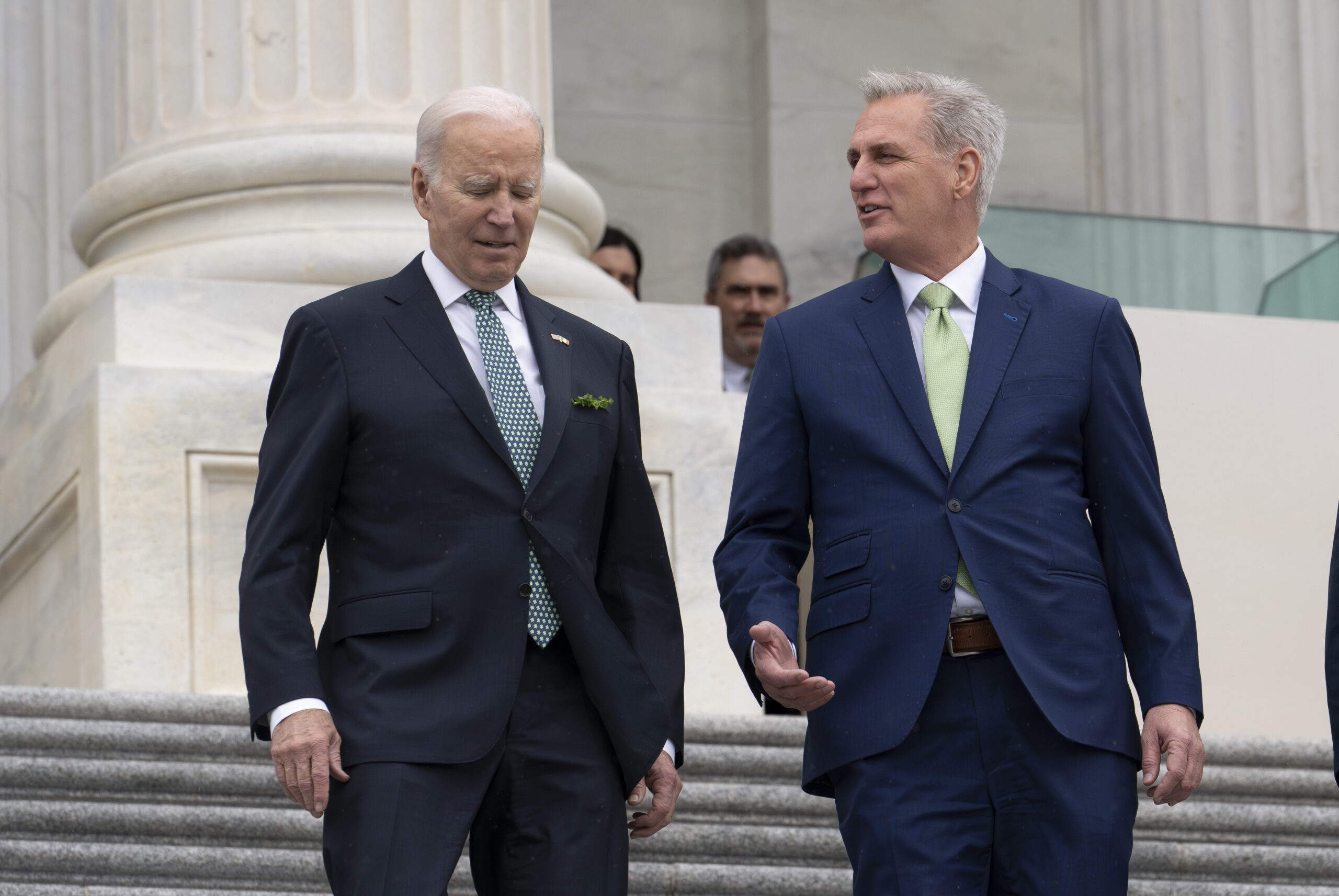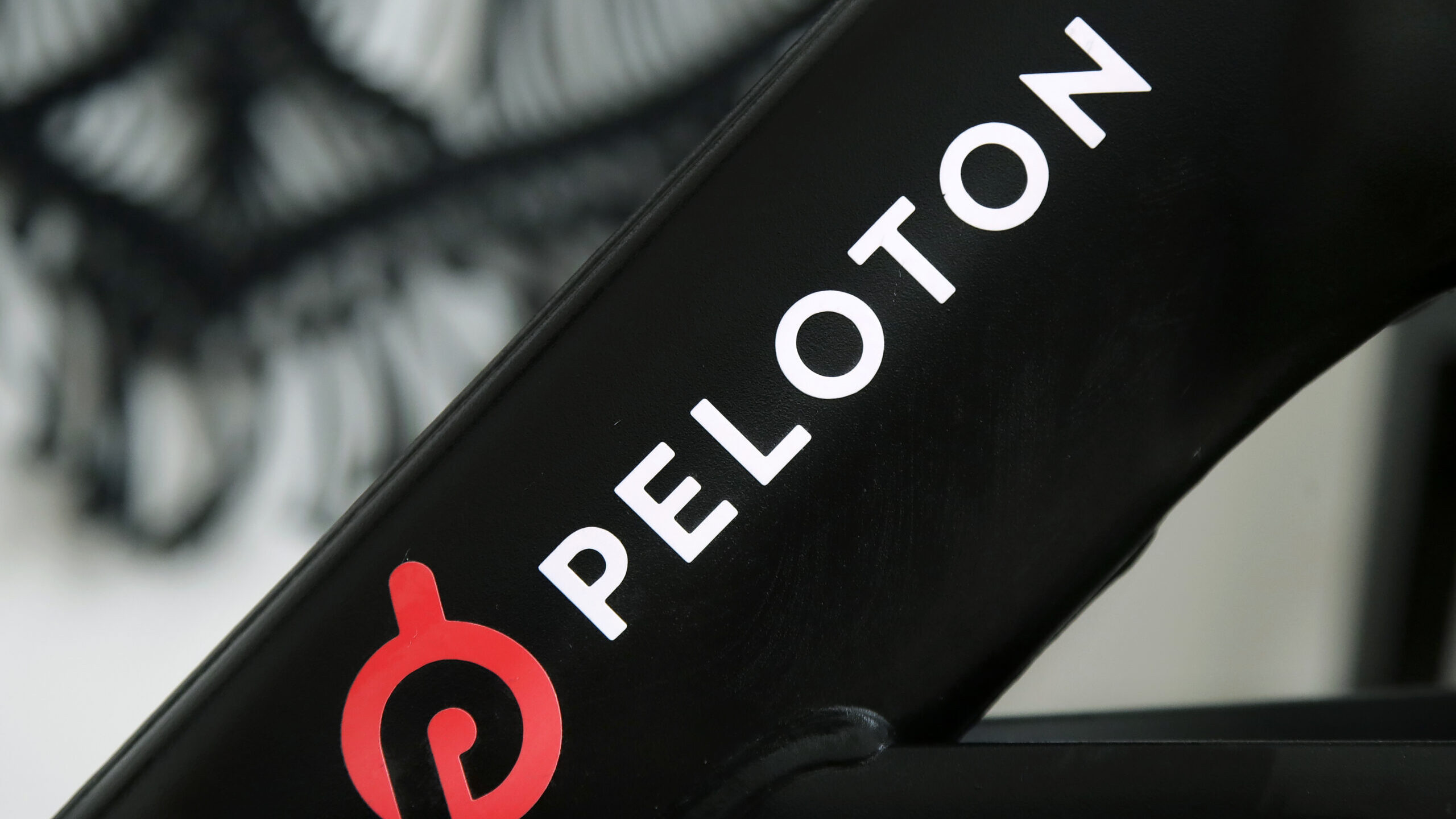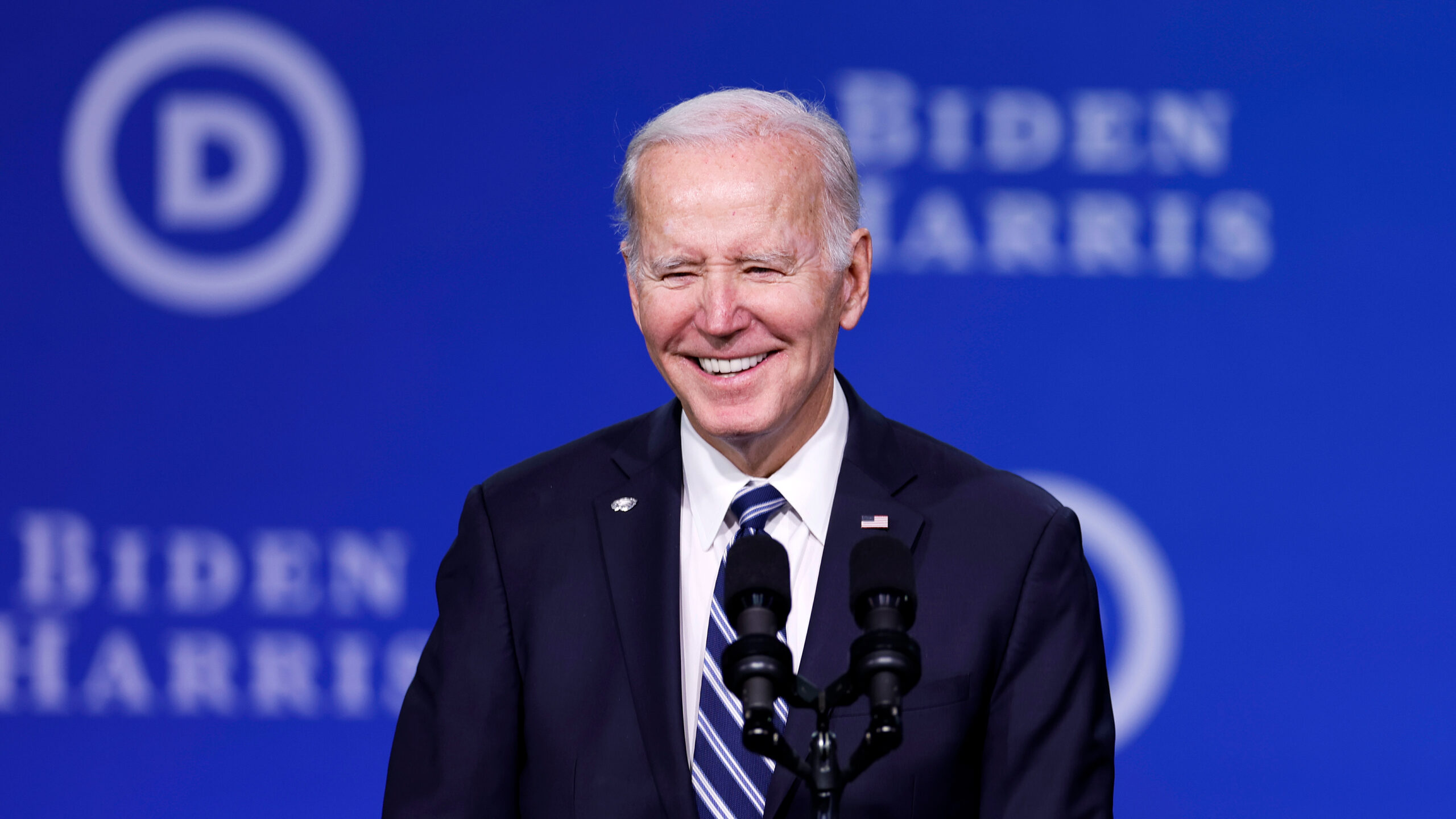BUSINESS + ECONOMY
Why is America’s biggest tobacco company trying to increase the legal smoking age to 21?
May 21, 2019, 3:15 PM | Updated: May 23, 2019, 12:58 pm

An Altria advertisement in support of the Tobacco to 21 movement. (Image: Altria)
(Image: Altria)
Four separate bills were announced last month to increase the tobacco age nationwide, but a KSL investigation has uncovered evidence linking all but one of those bills to Altria, the company that owns Philip Morris, Marlboro, and a significant stake in JUUL.
That includes a bill announced yesterday by Senate Majority Leader Mitch McConnell, R-Kentucky, and another co-sponsored by Utah’s own Rep. Chris Stewart and Sen. Mitt Romney, also Republicans.
But anti-tobacco advocates warn that if Altria is influencing these bills, it’s a sign that they might not be meant to keep nicotine away from kids.
Altria and the Tobacco to 21 movement
McConnell himself has admitted that his bill might come as a surprise. Presenting it to the Senate, he acknowledged: “I recognize I might seem like an unusual candidate to lead this charge.”
As Kentucky’s senior Senator, McConnell represents a large number of tobacco farmers — some with connections to the big tobacco companies, and some family operations. In the Bluegrass State, tobacco is a politically-charged as well as economically-charged issue.
Sen. Mitch McConnell announces his support for Tobacco to 21. (Source: C-Span / YouTube)
Lobbyist records, however, suggest that the bill might not have been entirely his own idea. Before he announced his bill to the public, America’s biggest tobacco company hired a lobbyist firm specifically to convince McConnell to increase the legal smoking age to 21.

An excerpt from the lobbyist records showing that McConnell was targeted by Altria. This image has been cropped to show the pertinent information. (Source: Office of the Clerk)
Altria also happens to be McConnell’s second largest political contributor. In 2018 alone, according to records on Open Secrets, Altria donated more than $160,000 to his campaign as well as an additional $116,000 to his bill’s co-sponsor, Rep. Tim Kaine, the former governor of another state with roots in the tobacco industry, Virginia.
Lobbyist records connect the Stewart and Romney-supported “Tobacco to 21 Act” to Altria, as well.

Records showing that Altria hired lobbyists to support the Tobacco to 21 Act now supported by Romney and Stewart. (Source: Office of the Clerk)
Records show that, shortly after the FDA crackdown on teen e-cigarette use in June of last year, Altria hired a lobbyist firm called Forbes-Tate to persuade members of the Congress and Senate to support the very bill now co-sponsored by Romney and Stewart.
Sen. Mitt Romney announces his support for the Tobacco to 21 Act. (Source: Mitt Romney / YouTube)
That bill had already been introduced in the Senate by Sen. Brian Schatz, a Democrat from Hawaii. He’d drafted it three years earlier in 2015. Before Altria’s lobbying began, however, the bill hadn’t received much attention and hadn’t been able to move forward through the system.
Now, though, a little under a year after Altria hired lobbyists to campaign in its support, it has resurged back into life with a new team of supporters.
Project Sunrise
Big tobacco, it seems, is a big force behind the Tobacco to 21 movement. But – why? Has big tobacco had a change of heart?
Tobacco policy expert Dr. Ruth Malone says that’s not likely. 90 percent of smokers start before they’re of legal age, according to the FDA, suggesting that the tobacco industry is in the odd position of needing teenage smokers to continue to grow an adult customer base.
“The fact is,” she says, “it isn’t a sustainable business model without young people smoking.”
JUUL has been particularly effective at luring those young smokers in, experts say. The CDC credits them with increasing teen e-cigarette use by 78 percent in a single year.
Altria doesn’t appear to have any objection to their success. Not long after that data was released, the company invested $12.8 billion into buying a 35 percent stake in JUUL’s future. That decision, FDA Commissioner Scott Gottlieb has said, appears to be in direct contradiction with Altria’s claims that they want to keep nicotine away from kids.
Malone argues that everything Altria is doing with the Tobacco to 21 movement is perfectly in line with the company’s usual tactics.
She believes that Altria is influencing these bills as a continuation of an old company strategy called “Project Sunrise.”
Back when the company was still called Philip Morris, internal company memos were leaked outlining what they called the “Project Sunrise” strategy. Its goal, the memos said, was to “minimize the effectiveness of the anti-tobacco industry” by working with “moderates” to focus the conversation on “youth access to the tobacco” instead of “bans on tobacco advertising.”

A small excerpt from a leaked Philip Morris memo detailing the Project Sunrise strategy. To see the full document, click here. (Source: Truth Tobacco Industry Documents)
“They love youth access programs,” Malone says. Those programs, she says, help them focus the conversation on tobacco as something “cool” and “adult” instead of as something that causes cancer.
“It’s the forbidden fruit approach,” Malone says. “They really like positioning tobacco as something cool that you get to do when you’re 21 or 18.”
Moreover, she says, as long as those programs aren’t supported with any tougher measures, they’re just not very effective.
As Malone puts it: “Just having a law saying you can’t buy it doesn’t really stop it from happening.”
Trojan Horse bills
Some of the Tobacco to 21 bills supported by Altria might have an even darker purpose, according to Tobacco-Free Kids’ John Schachter.
He has described some of the state bills that Altria has already helped passed as “Trojan Horse” bills – bills that look like a gift as long as you don’t look inside.
“The tobacco companies have worked to include provisions in some of these Tobacco 21 bills that lock local regulation of tobacco products,” Tobacco-Free Kids State Communications Director John Schachter says.
Those “Trojan Horse” provisions, he says, include language that would relax FDA controls over e-cigarettes, block laws that would ban the flavor pods popular among teens, and stop local governments from enacting stricter measures.
At least one federal Tobacco to 21 bill proposed last month, he says, has Trojan Horse provisions hidden inside. He says that the SCOTT Act, proposed by Alabama Congressman Robert Aderholt, contains subtle language that would allow Altria’s new e-cigarette, iQOS, to get around some of the FDA regulations designed to keep these products away from kids.

An excerpt from Aderholt’s SCOTT Act. Schachter says this line would reduce FDA restrictions of Philip Morris’s e-cigarette iQOS. (Source: Congress.gov)
“It would allow iQOS (I-Quit-Ordinary-Smoking devices) to escape stronger regulations on cigarettes,” Schachter says, “such as existing prohibitions on flavors and restrictions on marketing that appeal to kids.”
Big tobacco, in other words, would let the smoking age go up – but in exchange, they’d have an easier time marketing e-cigarettes to kids.
A different kind of Trojan Horse
Of the many politicians currently pushing Tobacco to 21 legislation, so far, we’ve only been able to convince one to agree to an interview: Utah Congressman Chris Stewart.
Stewart confirms that he spoke to tobacco lobbyists about the Tobacco to 21 Act. He claims, however, that he “can’t remember” whether or not those lobbyists were from Altria.
There’s a lot of reason to believe that they were. Altria and its subsidiaries represent more than 75 percent of all lobbyist activity in 2018, according to Open Secrets, and they specifically lobbied Congress over the Tobacco to 21 Act.
But the clearest evidence comes from Stewart himself. In the statement he released when he announced his support for Tobacco to 21, he quoted a statement of support form an Altria spokesperson.

An excerpt from Stewart’s statement announcing his support for the Tobacco to 21 Act, featuring a quote from an Altria spokesperson. (Source: Chris Stewart)
Either way, Stewart says that he doesn’t see Altria’s support for the bill as an issue.
“One of the good things that we’re really proud of is that we got the tobacco industry to agree that we should raise the age to 21,” Stewart says. “That’s all that this bill does.”
The bill is, indeed, very simple. As Stewart says, it increases the legal age to 21 and truly doesn’t change much else.
That also means, however, that it doesn’t introduce any tougher rules to crack down on flavor pods or ads targeting teens.
That might be why Altria’s been so eager to support it. Malone believes that Altria might be supporting weaker federal bills to keep that kind of tough legislation from getting through.
“One of the things we really have to watch for,” she says, “is that [Altria] will try to pre-empt strong regulations at local levels by passing a national bill.”
Fourteen states have passed Tobacco to 21 laws in the last three years alone, and Altria hasn’t been able to influence them all. But if a weak federal bill goes through, Malone believes, the movement will stop dead in its tracks.
The Tobacco to 21 bill Altria won’t support
Only one federal bill Tobacco to 21 includes those kinds of tougher measures.
New Jersey Congressman Frank Pallone, a Democrat, has proposed a bill that would not only increase the smoking age to 21, but would also mandate graphic health warnings on cigarette packages, extend FDA regulations on e-cigarettes, block online tobacco sales, ban flavor pods, and seriously limit tobacco companies’ ability to market to kids.
It’s the exact type of legislation that the experts we spoke with say Altria doesn’t want to pass – and the only one we can’t link to them in any way.
If one of the weaker Tobacco to 21 laws go through, it’s unlikely Pallone’s bill or any other one like it in another state will see the light of day for some time. When a weak tobacco bill is passed, studies say that it takes an average of 17 years to get it replaced.
Despite these concerns, Tobacco-Free Kids still supports Stewart and Romney’s bill. At the time of this writing, they’ve yet to officially weigh in on McConnell’s.
Altria says that they have been open about their pursuit of Tobacco to 21 legislation and that they believe it will be effective. “The best approach to achieving this goal is to increase the minimum age for purchasing tobacco products to 21,” Altria Senior Manager George Parman says. “We’ve clearly communicated our position that we want 21 enacted everywhere, federally and in the states.”
Stewart has told us that he isn’t concerned that Altria supports his bill as long as it will help keep tobacco away from kids.
“Anyone who agrees with that,” he says, “we’re glad to have them on board.”
Correction: This article has been updated to include Altria’s response.













